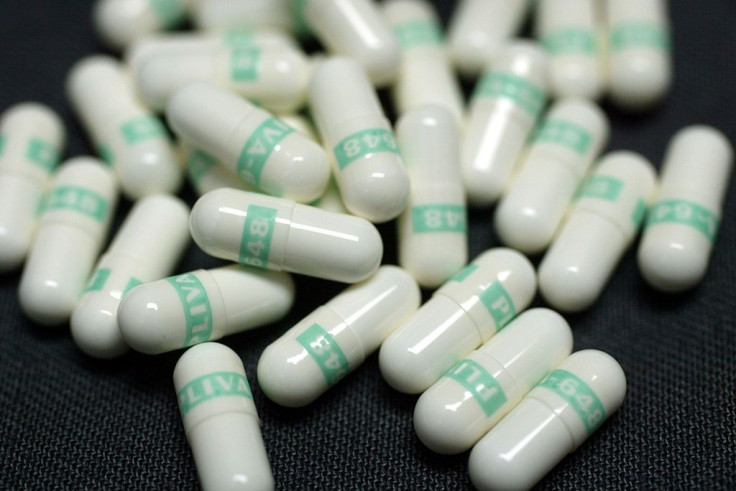Pregnancy Complications From Taking Depression Meds May Not Be Due To Genetics, Family Environment

Is it safe to take antidepressants during pregnancy? It’s one of those things researchers are eager to understand, given there’s a wealth of conflicting evidence. The latest research, published in the International Journal of Epidemiology, suggests it’s not.
Selective serotonin reuptake inhibitors (SSRIs) are a popular class of medication prescribed to treat depression, and are generally considered safe for pregnancy. But for the number of studies that support them, there’s almost an equal amount that link their use to an increased risk for birth defects, autism, and diabetes and obesity. “As thousands of women worldwide are being prescribed 55 antidepressants during pregnancy every year, even a small increased risk for low birthweight or premature delivery could have a significant impact from a public health perspective,” the researchers wrote.
So for their study they analyzed data from the Norwegian Mother and Child Cohort Study and the Medical Birth Registry of Norway to see if prenatal exposure to SSRIs resulted in low birth weight and prematurity. The Norwegian study is unique in that it follows siblings. Since mothers share 50 percent of their genes with their children, on average, the researchers could better control for genetics and family environmental factors. That 7,450 mothers in the study had a lifetime history of depressions also allowed the authors to examine the effect of existing mental illness.
There were 27,756 siblings involved with the study: 194 were exposed specifically to SSRIs before they were born; 62 to other antidepressants; and 27,500 were not exposed to any type of depression medication. Those exposed to SSRIs during only the second or third trimester weighed around 7 ounces less than those not exposed to any antidepressants. These infants were also born five days earlier, on average.
The researchers found no association between pregnancy outcomes and maternal SSRI use during the first trimester, a history of depression, or depressive symptoms. That suggests any complications were not influenced by genetics and family environment. The underlying biological mechanisms remain unknown.
And, while the sibling design has advantages, it’s also limited. The data only represent a fraction of the original study population, researchers wrote, which reduces the power of their findings. Another complication is that a significantly higher than average proportion of those taking SSRIs during pregnancy were single, received lower levels of education, and smoked and drank alcohol during pregnancy. Alcohol in particular is a risk for prematurity. The Centers for Disease Control and Prevention that reports pregnant women who drink also risk miscarriage, stillbirth, fetal alcohol syndrome, and sudden infant death syndrome.
“Severe depression or depression not responding to non-pharmacological therapy may negatively affect the course of pregnancy and the pre- and post-partum period,” study co-author Katerina Nezvalova-Henriksen said in a press release. “The risks and benefits of SSRI therapy should therefore be carefully evaluated in each individual case.”
Source: Nezvalova-Henriksen K, et al. Effect of Prenatal Selective Serotonin Reuptake Inhibitor (SSRI) Exposure on Birth Weight and Gestational Age: A Sibling-Controlled Cohort Study. International Journal of Epidemiology. 2016.



























